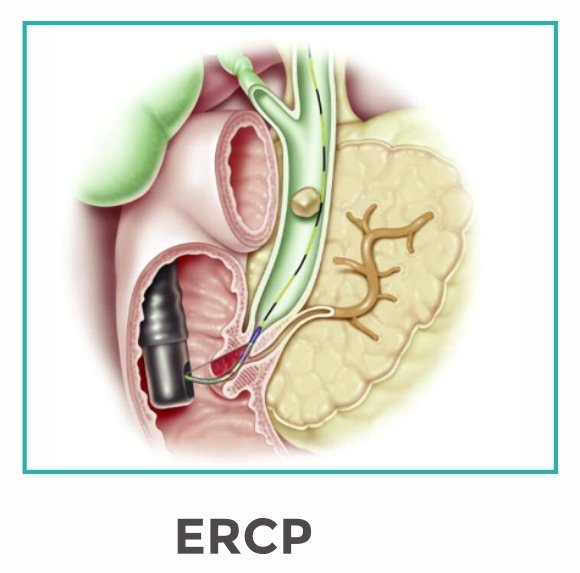What is GI Bleeding (Gastrointestinal Bleeding)
GI bleeding is a symptom of a digestive tract problem. Blood is frequently seen in faces or vomit, although it isn’t usually visible, even if it causes the stool to appear dark or tarry. Bleeding can occur at any point along with the GI system.
A lab test, such as the fecal occult blood test, may be required to detect GI bleeding because the amount is so little. Other indicators of gastrointestinal bleeding include:
- Blood in the vomit
- Dark, tarry stools
- Blood flowed more freely from the rectum.
- Blood in the toilet bowl, on toilet paper, or in stools in streaks
Large amounts of GI bleeding can be harmful. Even relatively little quantities of bleeding over a long time, however, might cause complications like anemia or low blood levels.
Once a bleeding point has been identified, there are a variety of treatments available to stop the bleeding or treat the problem.
Upper GI bleeding
The esophagus (the tube that connects the mouth with the stomach), the stomach, and the first part of the small intestine make up the upper GI tract.
Lower GI bleeding
The small intestine, large intestine or intestines, rectum, and anus all belong to the lower GI tract.
Upper Gl Bleeding Causes
-
Esophagitis
Esophagitis is a condition in which the esophagus becomes inflamed. Gastroesophageal reflux disease (GERD) is the most common trusted source cause, but it can also be brought on by drugs, infections, or allergies.
The signs and symptoms of esophagitis are as follows:
- Inability to eat
- vomiting or nausea
- When swallowing, there is an ache in the chest.
- Persistent cough
- swallowing problems
-
Gastritis
Gastritis is stomach irritation. Many people with gastritis don’t show any signs or symptoms, yet it can lead to:
- Appetite loss
- Upper abdominal discomfort
- Unintentional weight loss
- feeling full after a small meal
-
Cancer
Cancer is a less prevalent cause of upper GI haemorrhage. The following are some of the most prevalent esophageal cancer symptoms:
- Bloody vomit
- Difficulty swallowing
- weight loss that isn’t explained
- coughing for a long time
- Heartburn
Cancer can also manifest itself elsewhere in the upper GI system, causing bleeding.
-
Enteritis
Enteritis is a condition in which the small intestine becomes inflamed, usually because of a bacterial or viral infection. Radiation, some drugs, alcohol, and inflammatory bowel illness can all cause enteritis (IBD). Vomiting, cramps, Nausea, diarrhea, and rectal bleeding are all symptoms of enteritis caused by an infection.
-
Mallory-Weiss Tears
These are tears in the esophageal lining that occur frequently because of continuous coughing or vomiting. Mallory-Weiss tears can result in a significant amount of blood. Although they can recover on their own in some cases, this isn’t always the case. Some patients may require medical attention to control the bleeding and prevent serious blood loss.
Dr. Vatsal Mehta’s mission is to combine all Gi health care centres under a single roof, upgrading the health care system of delivery to a new level of humility and quality.

